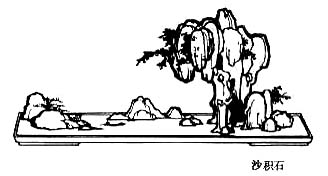Lun Yu 
 – Les Entretiens de Confucius
– Les Entretiens de Confucius
Le Maître échange propos, anecdotes, brèves paraboles et maximes avec ses disciples. Tr. Couvreur (fr), Legge (en) et Lau (en).
Lunyu XVI. 6. (439)
Confucius dit : « Quand vous êtes en présence d'un homme honorable, vous avez trois défauts à éviter. Si vous lui adressez la parole avant qu'il vous interroge, c'est précipitation. Si, interrogé par lui, vous ne lui répondez pas, c'est dissimulation. Si vous lui parlez avant d'avoir vu, à l'air de son visage, qu'il vous prête une oreille attentive, c'est aveuglement. »
Couvreur XVI.6.
Three errors in regard to speech to be avoided in the presence of the great.
Confucius said, "There are three errors to which they who stand in the presence of a man of virtue and station are liable. They may speak when it does not come to them to speak;– this is called rashness. They may not speak when it comes to them to speak;– this is called concealment. They may speak without looking at the countenance of their superior;– this is called blindness."
Legge XVI.6.
Confucius said, 'When in attendance upon a gentleman one is liable to three errors. To speak before being spoken to by the gentle- man is rash; not to speak when spoken to by him is to be evasive; to speak without observing the expression on his face is to be blind.'
Lau [16:6]
自分の発言する番がこないのに、相手をさえぎって発言する。これはあせり(躁)である。
自分が発言すべきときなのに黙っている。これは隠しだてである。(隠)
相手の表情も見ずに勝手に発言する。(瞽=こ)

Les Entretiens de Confucius – Lun Yu XVI. 6. (439) – Chinois off/on – Français/English
Alias the Lunyu, the Lun Yü, the Analects, les Entretiens du maître avec ses disciples.
Le Canon des Poèmes, Les Entretiens, La Grande Étude, Le Juste Milieu, Les Trois Caractères, Le Livre des Mutations, De la Voie et la Vertu, 300 poèmes Tang, L'Art de la guerre, Trente-six stratagèmes
Bienvenue, aide, notes, introduction, table.
Index – Contact – Haut de page























